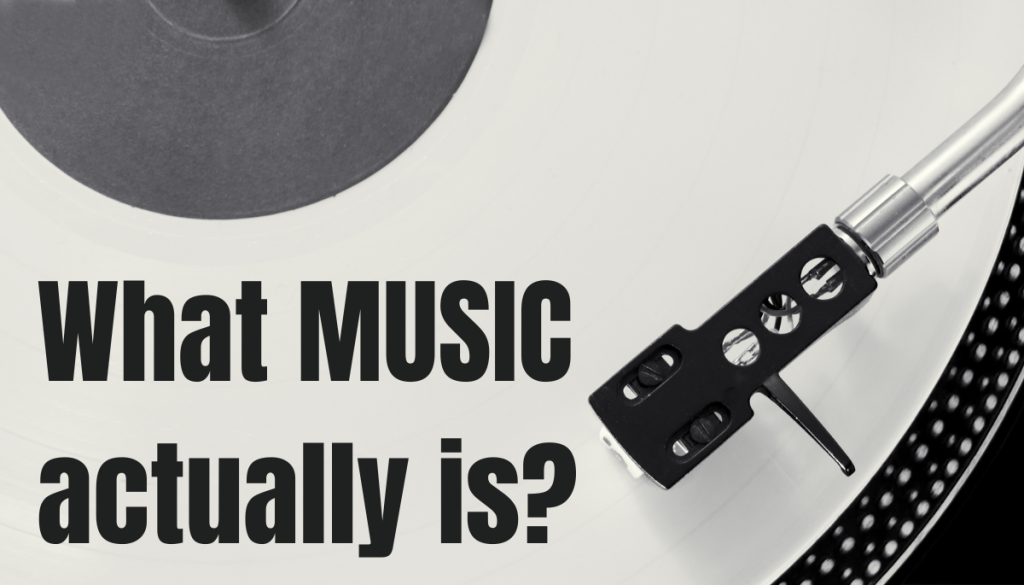Music Feels: What We Imagine vs What It Truly Is
Music. It’s the sound that fills our cars on long drives, the background to our workouts, the soul of our celebrations, and sometimes, the silent companion to our tears. Ask anyone what music feels is, and you’ll get a variety of answers. You might hear it’s “something to vibe to,” “a form of entertainment,” or simply “a playlist on Spotify.” But music is so much more than a catchy beat or a few rhyming lyrics. It’s a language, an experience, and a force that touches nearly every corner of human existence.
Let’s dive deeper into what we think music is, what it actually is, and why its impact on our lives goes far beyond headphones and speakers.
What We Think how Music feels to us
For most of us, music is just background noise. It’s the upbeat track that plays while we jog or clean the house, the lo-fi mix we put on while studying, or the heartbreak anthem we hit repeat on after a rough breakup. It’s a form of entertainment, a distraction, or even a way to define ourselves—just think about how people proudly label themselves as “metalheads,” “hip-hop fans,” or “classical buffs.”
From this perspective, music is a product—something we consume, rate, skip, or save to a playlist. It’s something we simply “like” or “don’t like,” often without a second thought as to why.
While this surface-level relationship with music is perfectly valid, it barely scratches the surface of what music truly is.
What Music feels Actually Is
At its core, music is communication. It’s the art of organizing sound over time, but it’s also a universal language. Music exists in every culture, in every time period, and in every part of the world. From tribal drums in the Amazon to operas in Italy to street performers in Tokyo, music is a form of expression that transcends words, borders, and generations.
Music is also deeply rooted in emotion. It’s how we translate feelings into sound—whether that’s joy, sorrow, anger, nostalgia, or love. Scientific studies even suggest our brains are wired to respond to music emotionally. Certain chord progressions can literally make us cry, rhythms can sync with our heartbeats, and melodies can trigger memories we thought were long forgotten.
The Science Behind the Sound
Beyond emotion, music has a fascinating structure and a lot of science behind it. It involves mathematics, physics, and psychology. It activates multiple parts of the brain at once, which is why music is often used in therapy, rehabilitation, and even Alzheimer’s care.
In essence, music isn’t just a “thing we listen to.” It’s a reflection of who we are, how we feel, and what connects us as humans.
The Impact of Music on Our Lives
So, why does this matter? Because music isn’t just in our ears—it’s in our minds, our bodies, and our relationships.
We use music to regulate our emotions. Feeling anxious? Calming music can reduce stress hormones. Need motivation? A good beat can spike adrenaline and get you moving. It’s like a remote control for our mood.
More Than a Feeling
Music also has a powerful effect on our memory and learning. Have you ever wondered why it’s easier to remember the lyrics of a song than a page from a textbook? That’s because music helps reinforce memory through rhythm and repetition. Educators even use songs to teach everything from grammar to multiplication tables.
It’s also a powerful tool for social connection. Concerts, choirs, drum circles, and karaoke nights aren’t just about entertainment. They’re communal rituals that help build bonds, especially when words fail.
Our Story, Our Song
Music tells the story of where we come from. Cultural identity is often preserved in folk songs, national anthems, and protest music. These melodies carry the history, values, and struggles of entire communities.
Finally, music has a remarkable healing power. Music therapy is a growing field that helps people cope with trauma, mental illness, and chronic pain. It can help stroke patients regain speech, calm children with autism, and comfort people in palliative care.
In other words, music isn’t just a side dish in life—it’s a main course. We live with it, grow through it, and often, find ourselves within it.
So, What Does Music Mean to You?
The beautiful thing about music is that it’s both deeply personal and universally shared. You don’t need to play an instrument, understand music theory, or even speak the language of the lyrics to feel something. You just need to listen—and be open to what the sound is saying.
So the next time you put on your favourite song, take a moment. Ask yourself not just, “Do I like this?” but also, “What is this music doing to me? What is it trying to say?”
Because music isn’t just sound. It’s emotion, science, memory, healing. It’s life.
A Final Thought
Music is one of the few things in this world that can make us cry, dance, remember, and dream—all within the same three-minute track. That’s not just entertainment. That’s magic.

